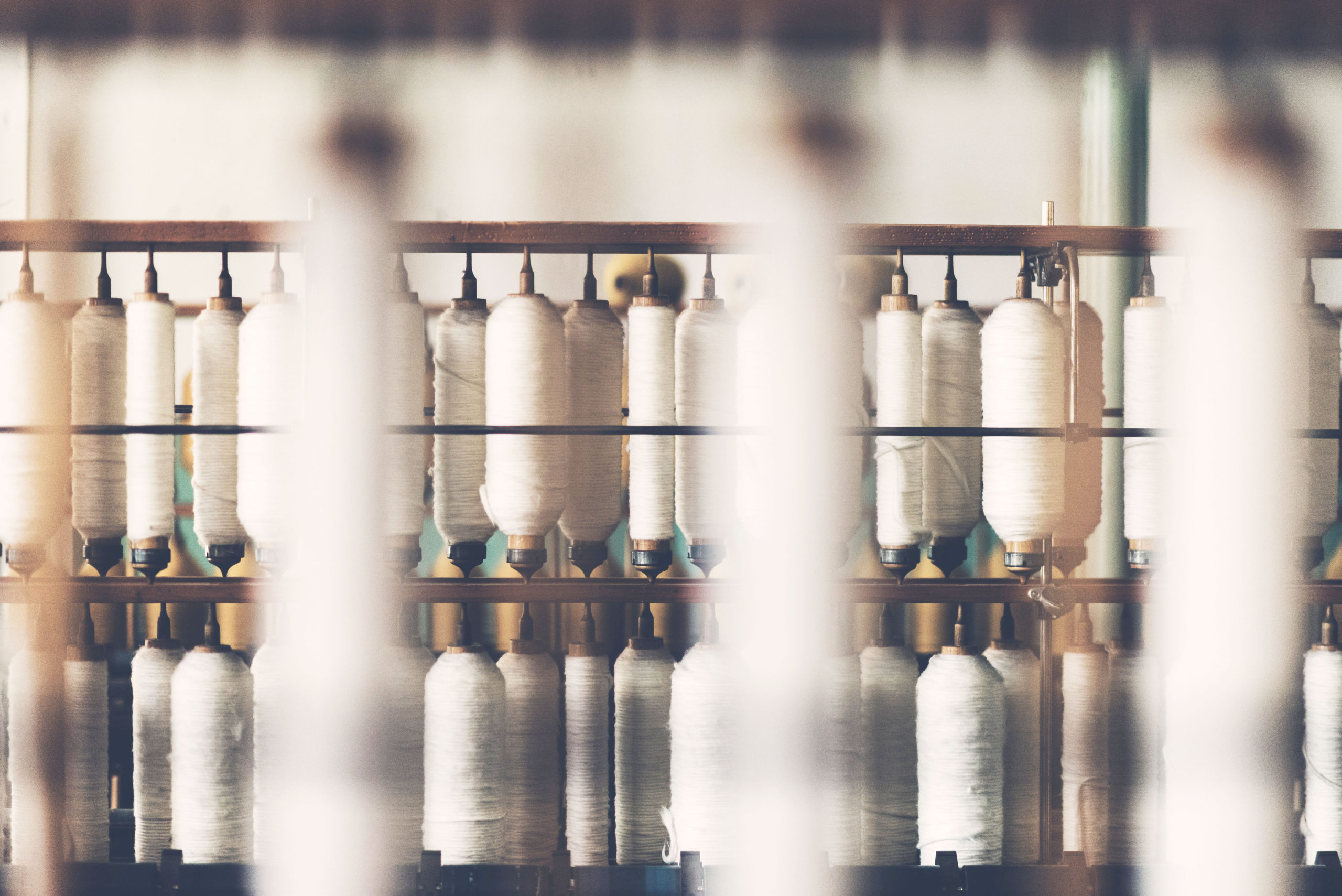As sustainability becomes a strategic imperative in the fashion industry, CEOs of textile companies are increasingly aware of the need to build purpose-driven brands to ensure their commercial success. While the popularity of the concept spreads, so do the false beliefs that prevent sustainability from being perceived as a facilitator of competitiveness and survival capacity of a business regardless of its size. From the large textile groups to the smaller fashion brands, they question the benefits that the demand to be more sustainable can have for their business. Find out why the size of your company shouldn’t limit its link to sustainability.
Sustainability is no longer seen as an option and has imposed the need to create value from an environmental, social and cultural point of view, as well as economic
Contextual, legislative and social pressures are forcing an imminent paradigm shift in the fashion industry. Sustainability is no longer seen as an option and has imposed the need to create value from an environmental, social and cultural point of view, as well as economic. What for some is seen as a budget that doesn’t have a direct impact on its financial benefits, actually has great business advantages that prioritize the expansion of sustainability across the entire fashion industry.
We have announced it on multiple occasions, sustainability is here to stay. Take note of the reasons why the size of your company is not an excuse to stop integrating sustainability into your business model.
Why should any fashion company address sustainability?
- Every fashion brand has the responsibility to reduce the environmental impact caused by the industry. Whether you are a newcomer to the textile sector or a company that has been operating under systems that damage the environment for years, it’s time to assume your part of the commitment when it comes to safeguarding natural resources and repairing the damage caused to date.
- Any textile company must protect the people involved in its supply chain. Fashion is an industry made by and for people. It’s essential to defend the safety and well-being of all individuals involved in the life cycle of textile products and give them the value they deserve within the industry.
- All fashion companies must promote a more responsible purchasing model. One of the most important tasks of brands is to promote a consumer culture that doesn’t result in the abuse of natural and human resources. Guiding the public to make more conscious purchases is a responsibility that falls on the brands to achieve the real transformation of the textile sector.
- Fashion companies must guarantee the economic sustainability of the industry. A business is not a business if there is no possibility of carrying it out economically. Sustainability also affects the financial viability of companies. It’s important for brands to have the ability to manage their resources and generate long-term profitability responsibly.
Added to these four points is the legislative pressure from governments as the definitive driver for sustainability to consolidate in the fashion industry. Complying with the plans established by the European Commission means developing a series of measures whose compliance requires prior preparation.
Working with a purpose increases the strength of the business and helps increase customer loyalty
Beyond what is purely mandatory at the regulatory level, if you are responsible for a small textile company, you may continue to question why a company with limited resources like yours should focus on having a goal that goes beyond financial profitability. Working with a purpose increases the strength of the business and helps increase customer loyalty. Here’s how sustainability can directly benefit smaller fashion brands:
- Improve brand reputation. Brand standing is one of the most valuable assets a company can have, no matter how small it is. Although the concept of “brand reputation” is usually associated with multinational companies, acting like a big company will help to be perceived as a bigger business even by potential investors.
- Cover a large part of the market demand. Remember, your customers are willing to pay more for sustainable products. The generational replacement brings with it an audience that is looking for brands with a purpose that goes beyond economic benefit, firms that are aligned with their values. By offering products that respond to this desire for truly sustainable goods, small brands have a real opportunity to increase their market share.
- Attract professional talent. Industry professionals seek positions that align with their principles. If you cannot compete at the salary level with the large groups, perhaps you can manage to create the best human team by offering the opportunity to feel fulfilled through their jobs.
- Improve resource efficiency. In a small business where resources are limited, optimization is essential. Introducing sustainability into your business strategy will allow you to accurately distribute what you have to obtain maximum performance while generating minimum impact.
In case you lead a large fashion company, you may think that it isn’t productive for you to make changes in your business model to fully incorporate sustainability in your company. Nothing further from reality, these are some of the advantages that sustainability can bring to large textile groups:
- Demonstrate leadership. Large companies have a great role in the sector: to be a guide for the rest of the companies. Due to their influence within the supply chain, they are the only ones able to implement systemic change in the industry. The potential power of transformation rests with the largest fashion groups.
- Generate attraction for investors. Sustainability is an asset that is valued in the stock markets. Being at the forefront of sustainable innovation can be a very smart move to improve your company’s position in the stock market.
- Increase the confidence of the final consumer. When we talk about large companies, the relationship with the client is usually more distant than in the case of smaller brands. Establishing a transparency policy in which the processes, impacts and other data related to the activity of the brand are communicated will improve its credibility and therefore the trust placed in the brand by the public.
- Reduce costs. Although the reduction of expenses in the fashion industry is usually linked to the pressures made on the supply chain, developing a sustainability strategy allows to reduce costs in a much more responsible way by identifying those critical points of the business model that prevent the optimization of available business resources.
At BCOME we work to position sustainability as a business priority throughout the textile sector and we invite all brands, large or small, to join this great challenge that seeks to set a milestone in the fashion industry. We have the tools that your business needs to start its journey towards sustainability, shall we talk?








